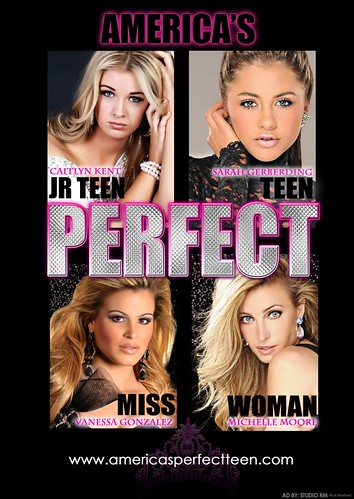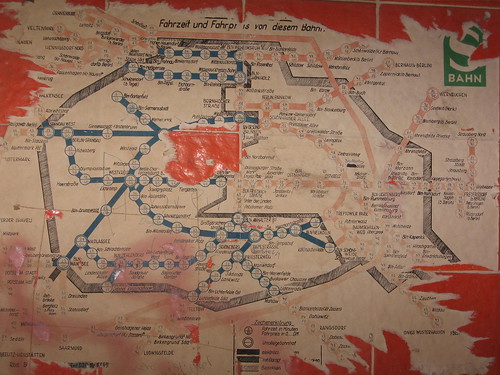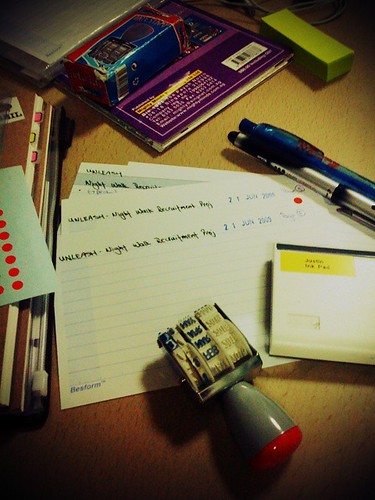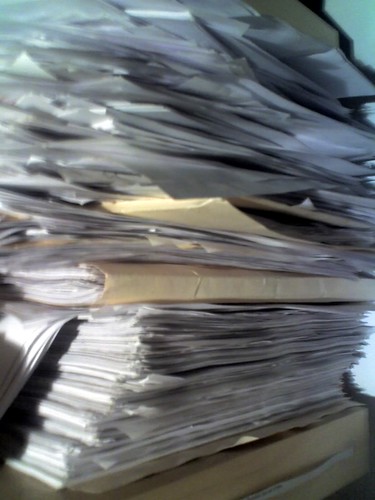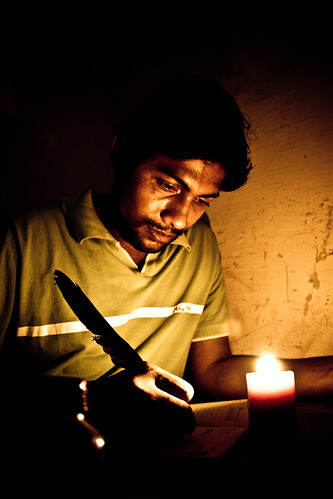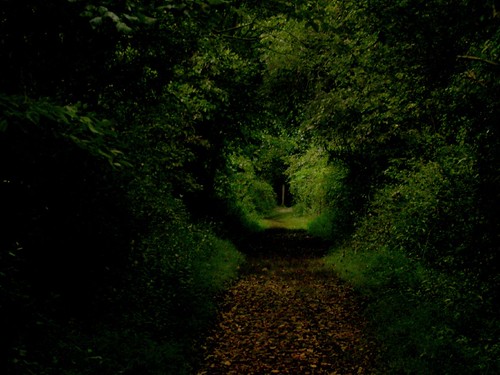Not the book. Or even one of the dozen and a half films, TV movies and mini-series listed on IMDB under that title. (Why so popular, I wonder? Myself, I much prefer Nicholas Nickleby and A Tale of Two Cities. “It was the best of times, it was the worst of times.” Genius.)
No, I refer to the expectations we have of ourselves, as writers, and as doers generally. We will work so many hours per week. We will keep our houses in such a state of cleanliness. We will maintain so many relationships to such a degree. We will have hobbies. We will read. And we will write.
As previously mentioned, there are 168 hours in a week. One can only do so much, and if you pack each minute ’til its sides bulge like a spring-loaded suitcase, sooner or later you will wear down, and go splat.
So Sensible Expectations are key, if not so much of a runaway best-seller.
But how do you know what are sensible expectations to have of yourself? No two people are exactly alike, nor do they live the same lives, so you can’t really base your expectations of yourself on what someone else is able to achieve. They’re not you. You can’t compare.
Trial and error? That sounds sensible (if time-consuming) but we are in a constant state of change, are we not? What tired me yesterday when I did it for the first time may well be manageable today, and even easy tomorrow.
So do our expectations of ourselves need to be continually adapting to our changing circumstances and changing selves? And if so, how do you maintain them as an expectation?
If the standard can be flexed indefinitely, does it still constitute a standard? Does ‘getting out of bed at 6:30am’ count as a standard if it can be adapted to the circumstance of ‘being tired’ which results, in point of fact, in ‘not getting out of bed at 6:30am’?
Do you see what I mean? And better yet, do you have any nuggets of relevant wisdom you have distilled over a long life? (Or a short life – the indigent mendicants not being noted for their selective abilities.)
This is an issue I have been mulling over a good deal lately, with regards to many aspects of my life, but the only definite conclusion I have come to concerns my Word Count.
I have decided to revise my target from 500 words a day, 6 days a week (a total of 3,000 words a week) to 400 words a day, 5 days a week (a total of 2,000 words a week) – effective 14th April.
To be sure, targets are set to be aimed at, but there is something rather depressing to the spirits about mostly missing, even if you expect to. If you don’t believe me, read an ‘aspirational’ women’s magazine (making sure to look at all the pictures), and see how you feel at the end.
(Unless you happen to be of the male persuasion, in which case think of a situation in which you fork out your hard-earned to have someone point out how perfect you and your life aren’t, and suggest all the self-improvement (and purchasing) you ought to be doing, in order to be as much like the perfection you aren’t as possible. Then let me know what that situation is, I’ve always wondered.)
400 words a day. Five days a week. That’s my Sensible Expectation. For now.



